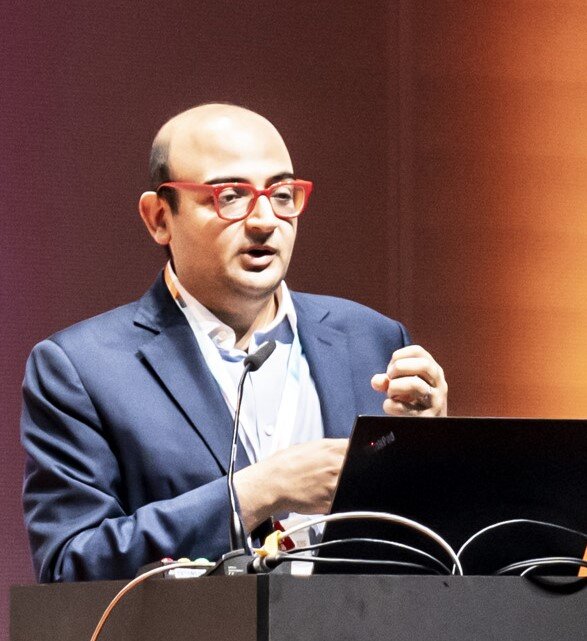
Going beyond protocol is key for young people with cancer
For adolescents and young adults with cancer, individualised care that addresses their unique medical and psychosocial needs is essential to improving outcomes and quality of life

For adolescents and young adults with cancer, individualised care that addresses their unique medical and psychosocial needs is essential to improving outcomes and quality of life

Can artificial intelligence finally unlock the full potential of cancer genomics? Discover how new digital tools are closing the gap between data and clinical action in oncology.

Computational models can overcome current limitations of 3D analysis of tumour samples

In a newly released framework paper, ESMO defines criteria for assessing and implementing AI-based biomarkers in oncology

For Prof. Brigette Ma, dealing with diversity and finding opportunities in criticisms are essential to grow as oncology professionals

Extensive research is focusing on the development of tools that may enhance drug development and personalised oncology in the near future

As a proof of concept, an AI-powered large language model matching platform shows promise in patient selection

While synthetic real-world data may help overcome current challenges in clinical trials, it also introduces new complexities

The promises of a tumour-agnostic oncology are still challenged by conventional clinical trial design and regulatory processes

Novel strategies are offering the possibility of extended patient survival and durable disease control
This site uses cookies. Some of these cookies are essential, while others help us improve your experience by providing insights into how the site is being used.
For more detailed information on the cookies we use, please check our Privacy Policy.
Necessary cookies enable core functionality. The website cannot function properly without these cookies, and you can only disable them by changing your browser preferences.